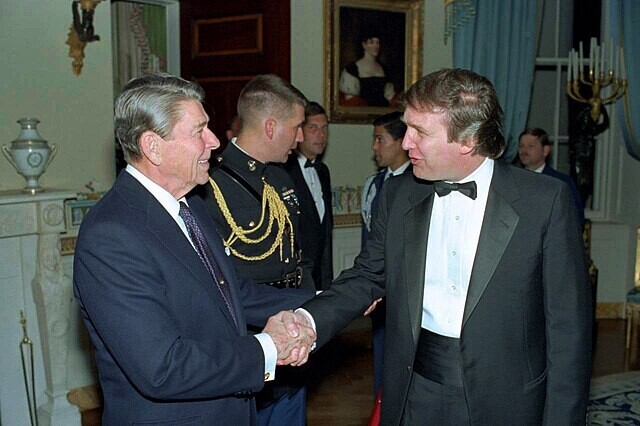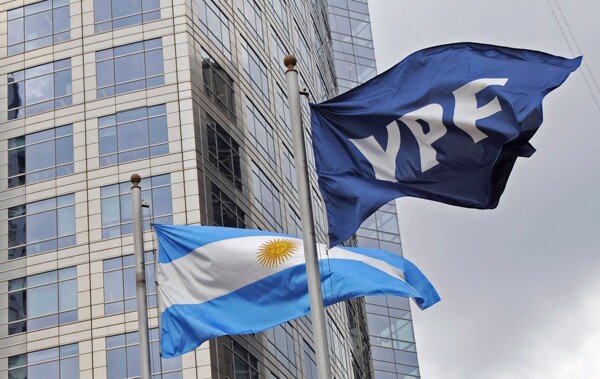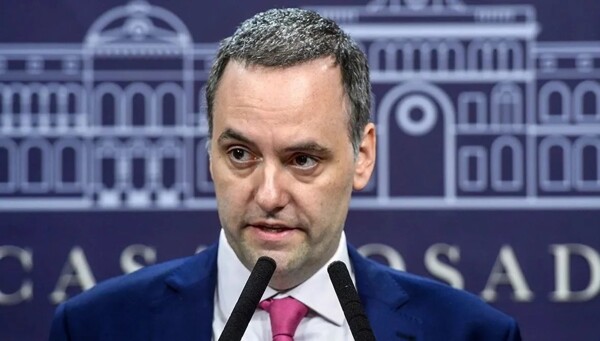
The Cold War marked a turning point in international relations, with leaders like Henry Kissinger and Richard Nixon, whose visits to China in the 1970s changed the geopolitical landscape. This narrative, involving strategic rivalries and distrustful glances between powers like the United States, the Soviet Union, China, and Russia, remains relevant today.
In the 1990s, after the fall of the USSR, Russia found itself in a weakened position, while China continued its economic reforms. Despite historical disputes and political rivalries, both countries began normalizing relations that culminated in diplomatic agreements and strategic partnerships. The signing of the "Treaty of Good-Neighborliness and Friendly Cooperation" in 2001 marked a milestone in cooperation between the two nations.
During the 2000s, Russia under the leadership of Vladimir Putin began to look more eastward, seeking to strengthen ties with China as a counterbalance to the West. Energy, trade, and military cooperation between the two countries intensified, especially after the sanctions imposed by the West on Russia due to the annexation of Crimea in 2014.
Today, the relationship between Russia and China is strategic and pragmatic, based on common geopolitical and economic interests. Despite cooperating in various areas, underlying mistrust still exists, mainly due to Russia's concerns about China's economic and demographic power. This relationship has strengthened amidst the COVID-19 pandemic and tensions with the West.
In the current global context, marked by geopolitical changes, cultural crises, and strategic conflicts, collaboration between Russia and China remains a relevant factor. The history of their relations and the evolution of their strategic partnership reflect the complexity of international politics and the challenges they face in a constantly transforming world.














